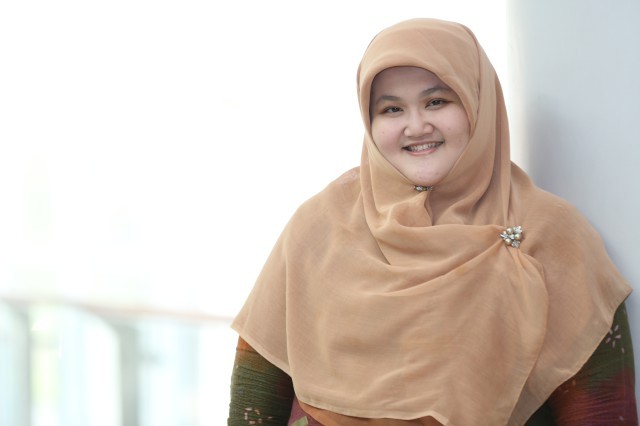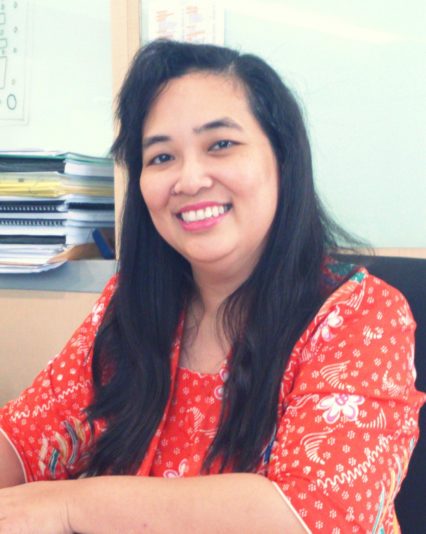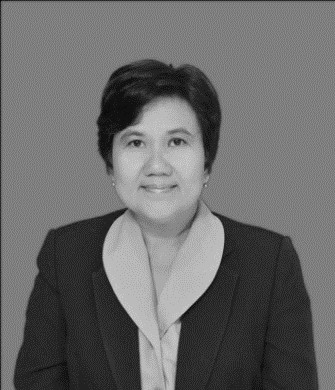Case Document
FRESHBOX UNVEILED: REVOLUTIONIZING THE FOOD CHAIN FROM THE FARM TO TABLE AND BEYOND
Freshbox is an e-grocery platform founded in 2018 by Matthew James. He envisioned bringing fresh produce from farmers to consumers’ tables directly, thus the concept ‘farm to table’ was introduced. Certainly, when the COVID-19 pandemic hit in late 2019, the e-grocery industry soared and Freshbox was able to grow significantly. They began to open offline stores starting with the first one in Mall of Indonesia. Despite the promising industry trend, the fact that the pandemic was coming to an end and customers started going back offline posed a threat to Freshbox. Other e-grocery platforms began to falter one by one, including the big players as well. The shifts in consumer behavior have forced Freshbox to go to survival mode. What strategies should Freshbox implement to survive in the constantly changing market?
LEAVING BRICK AND MORTAR: STILL FEEL MORE DO MORE
Bose was founded because of dissatisfaction and a desire to achieve outstanding product quality. The man behind the gun is Amar G. Bose. Amar wanted to create a speaker system in 1968, or four years after his dissatisfaction. He was dissatisfied with the sound quality provided by his new stereo. His goal was to encourage everybody to experience the same quality level as live music while using a speaker system. Until his death, he was a faculty member of the Massachusetts Institute of Technology. This company was founded in 1964; although Bose was formally established in 1968, it focuses on technology, hardware, and equipment by developing sound solutions for entertainment, home audio, aviation, and automotive industries. When Dr. Amar Bose, the company’s founding father and an audio pioneer, died in 2014, Bose was forced to undergo a time of adjustment. As for the commercial side, the advent of Beats Electronics necessitated that Bose devise a new approach for the consumer market. While some audiophiles believe Bose is the superior product, no one can deny the immense popularity of Beats headphones among the public. Bose may have sued Beats early this year for noise-canceling patent infringements, a matter that has since been resolved. Bose waited to act until after Apple announced its $3 billion acquisition of Beats Electronics — was it just a coincidence? The final say rests with you. The management of Bose knows that its customers will appreciate the company’s research efforts. In terms of how the world is evolving and how people are listening to music and obtaining their music from the cloud, there is a lot of potential for Bose right now. Every year, more than 400 million mobile devices are purchased, and Bose will be there to provide users with headphones or a wireless speaker.
A NEW ERA OF TELEVISION: WeTV’s IMPACT ON THE INDUSTRY’S LANDSCAPE
WeTV allows you to view TV episodes, movies, animation, and variety shows on internet-connected devices. The company's earlier success came from its different approach toward the international market. WeTV is the subsidiary of Tencent Video, having all Tencent Video’s features but with localization. WeTV produces its own original local series, local marketing strategy, and localized language and interface to give the most optimum experience for the users. Entering the market as a mixed profit business model, WeTV supplies free content for the audience with ads and a subscription version to watch earlier episodes than users that are using the free account. This type of business model fits the Indonesian market as they have greater willingness to watch ads as an exchange for free content. But this also limited WeTV footsteps for the past year, WeTV has been popular among the middle-low-income segments but now, as WeTV is more eager to generate profit through subscription and lessen the role of advertising income, it did bring critics to the platform. Moreover, as newer OTT comes through the industry, WeTV is not the only one providing local original content. Giant players such as Netflix, VIU, Amazon Prime, and Disney+ Hotstar have also started to make their original local productions. Moreover, many local competitors also bring more cultural fit and differentiation that threatens WeTV’s position in the market. From a commercial perspective, how can WeTV balance audience interest and succeed in this dynamic relationship in the market to last over time? Could WeTV beat its competitors and be the market leader in Indonesia OTT market? What changes in Strategy WeTV should implement to better fit the consumer?
Events
No post found.









